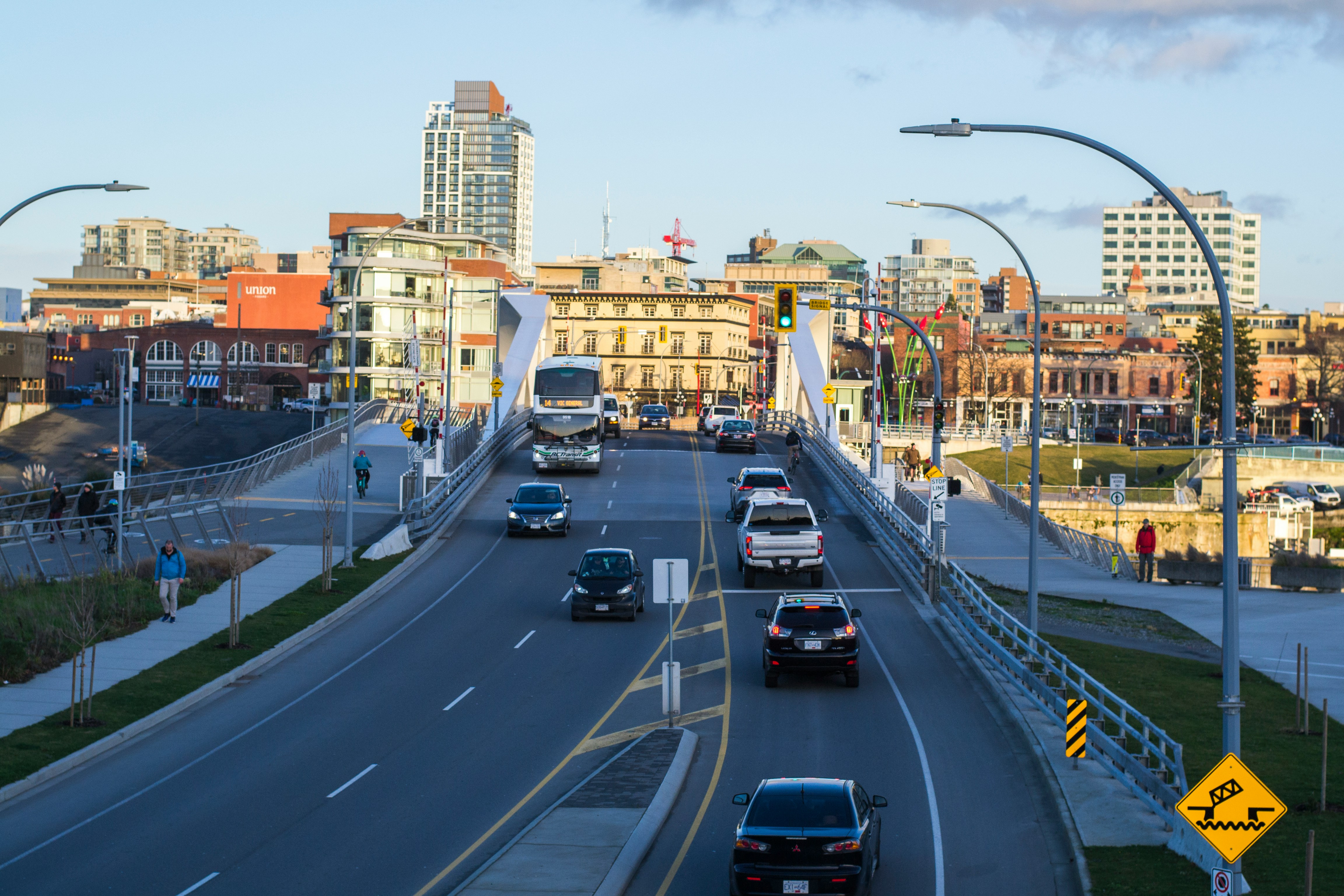Blog

The Hidden Dangers of Property Management — And How We’re Prioritizing Safety
When most people think of property management, they picture tidy lobbies, friendly tenant meetings, and routine inspections. But those of us in the industry know the reality can look very different. Behind the scenes, property managers are often on the front lines of challenging, unpredictable, and sometimes dangerous situations.
From handling aggressive behaviour to entering unfamiliar spaces alone, the job carries real risks that are often overlooked. It’s a profession that requires not only knowledge of tenancy law but also strong situational awareness, de-escalation skills, and a clear commitment to personal safety.
1. Tense Tenant Interactions
While many tenant interactions are positive, some can quickly become heated. Property managers are frequently called upon to enforce building rules, address complaints, or deliver difficult news—tasks that can escalate emotions.
Dealing with angry or confrontational individuals is not just uncomfortable; it can be dangerous. Property managers may find themselves alone in hallways, doorways, or common areas, facing unpredictable reactions. This is why clear procedures, calm communication, and sometimes a neutral third-party presence are essential for everyone’s safety.
2. Serving Legal Notices Isn’t Always Routine
Delivering legal documents, such as eviction notices or hearing packages, might seem straightforward—but it’s often one of the highest-risk parts of the job. People can respond emotionally when faced with legal action, and property managers are the ones physically approaching doors, not knowing what reaction awaits on the other side.
To reduce these risks, we ensure notices are served according to the Residential Tenancy Act and, where appropriate, use professional third-party services to handle delivery safely and document the process accurately.
3. Move-Out Inspections Can Get Contentious
End-of-tenancy inspections are another flashpoint. Disagreements over damages, cleaning, or deposits can lead to hostile encounters. Property managers often have to enter a unit where tensions are already high, sometimes without knowing if the tenant has fully vacated.
Having an extra set of trained eyes present helps keep interactions respectful and focused, while also ensuring accurate documentation of the property’s condition.
4. Tribunal Orders & Enforcement Situations
When matters escalate to the point of tribunal orders or bailiff attendance, property managers may need to be on site to provide access or oversight. These moments can be unpredictable—especially if tenants are resistant or upset about the outcome.
While enforcement is handled legally through bailiffs, property managers are still physically present, often in emotionally charged environments where safety is a top priority.
5. After-Hours Emergencies & Unpredictable Environments
Property issues don’t keep business hours. Managers are frequently called to respond to emergencies at night—whether it’s a burst pipe, noise complaint, or security concern. Entering dark buildings, vacant suites, or parking lots alone can pose serious personal safety risks.
We mitigate this by having clear after-hours protocols and working with professional security to provide rapid response when needed.
6. Safety Measures Matter
Property management isn’t just about administration—it’s boots on the ground, often in situations where emotions, money, and legal issues intersect. That’s why we’ve made safety a non-negotiable part of our operations.
Through thoughtful procedures, staff training, and support from trusted third-party security professionals, we’re ensuring that both our team and our tenants are protected. By acknowledging the real dangers of this industry and addressing them proactively, we create safer communities for everyone.
A Profession That Deserves Recognition
Property managers play a critical role in maintaining housing stability, yet the risks they face often go unseen. From de-escalating tense situations to showing up at properties late at night, it’s a job that requires resilience, professionalism, and vigilance.
By prioritizing safety and bringing in the right support where needed, we’re making sure that this important work can continue—without putting anyone in harm’s way.








